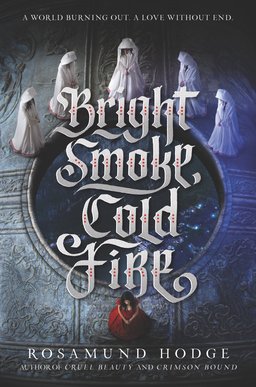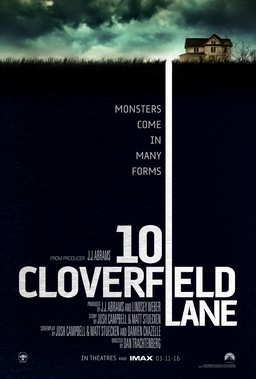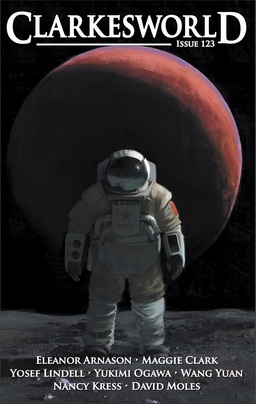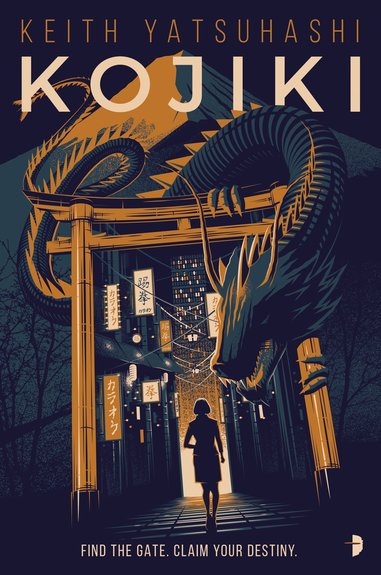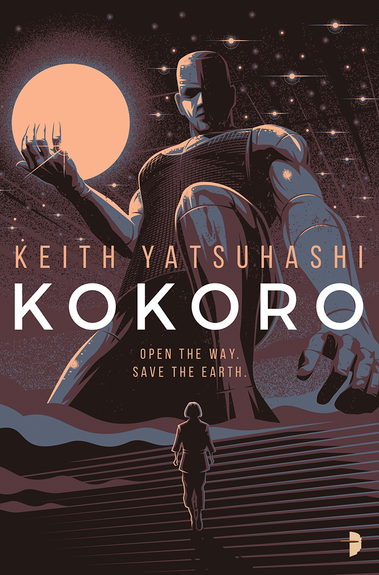Fantasia 2016, Day 20: Twisting History and Twice-Told Tales (The Arbalest and The Piper)
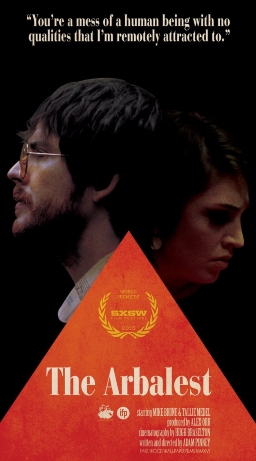 Tuesday, August 2, was the next-to-last day of the 2016 Fantasia festival. I had two movies lined up. First would come The Arbalest, at the De Sève Theatre: a period fantasy about a man who made an addictive puzzle in a slightly alternate 1970s. That would be followed by The Piper (Sonmin), a Korean film that reimagined the Pied Piper story as set in a postwar Korean village. Both looked promising. One delivered on that promise.
Tuesday, August 2, was the next-to-last day of the 2016 Fantasia festival. I had two movies lined up. First would come The Arbalest, at the De Sève Theatre: a period fantasy about a man who made an addictive puzzle in a slightly alternate 1970s. That would be followed by The Piper (Sonmin), a Korean film that reimagined the Pied Piper story as set in a postwar Korean village. Both looked promising. One delivered on that promise.
The Arbalest is the debut feature by writer/director Adam Pinney, presenting the career of millionaire toy inventor Foster Kalt (Mike Brune). In the late 1970s the reclusive Kalt prepares to tell the story of his life to a TV news crew. He reveals less to them than one might expect, but we see flashbacks to his past; specifically, to the eve of a crucial toy fair, when Kalt spends a fateful night in a hotel room with two other people. One of them, an unnamed man (Jon Briddell), is the real inventor of the Kalt Kube, the toy Kalt would go on to present as his own. The other is a woman named Sylvia (Tallie Medel), with whom Kalt falls madly in love. Further flashbacks show us Kalt stalking Sylvia, taking a cottage near her home, and entering into conflict with her and her husband (Robert Walker Branchaud).
The Arbalest is a difficult movie to figure out, though on a basic plot level what’s happening and why is always clear. Movement between different time periods is smooth and assured. But what we’re watching is increasingly baffling, both in terms of character development and of the world we think we’re seeing.
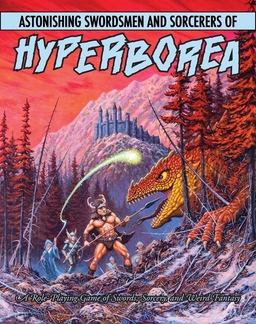
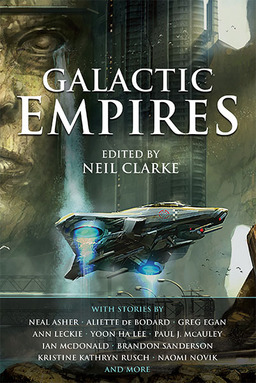
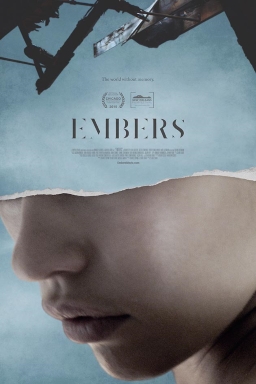 By Monday, August 1, the end of the 2016 Fantasia Film Festival was in sight. Two more days, and it’d be over for another year. Bearing that in mind I was determined to pass by the Festival’s screening room and catch up with some films I’d missed earlier in the festival. First, though, I was headed to the De Séve Theatre for a showing of the American-Polish science-fiction movie Embers, about a world struck by a plague of forgetting. After that I’d go to the screening room, where I’d watch the French absurdist comedy L’Élan and the Mexican horror-fantasy We Are the Flesh (Tenemos la carne).
By Monday, August 1, the end of the 2016 Fantasia Film Festival was in sight. Two more days, and it’d be over for another year. Bearing that in mind I was determined to pass by the Festival’s screening room and catch up with some films I’d missed earlier in the festival. First, though, I was headed to the De Séve Theatre for a showing of the American-Polish science-fiction movie Embers, about a world struck by a plague of forgetting. After that I’d go to the screening room, where I’d watch the French absurdist comedy L’Élan and the Mexican horror-fantasy We Are the Flesh (Tenemos la carne).
